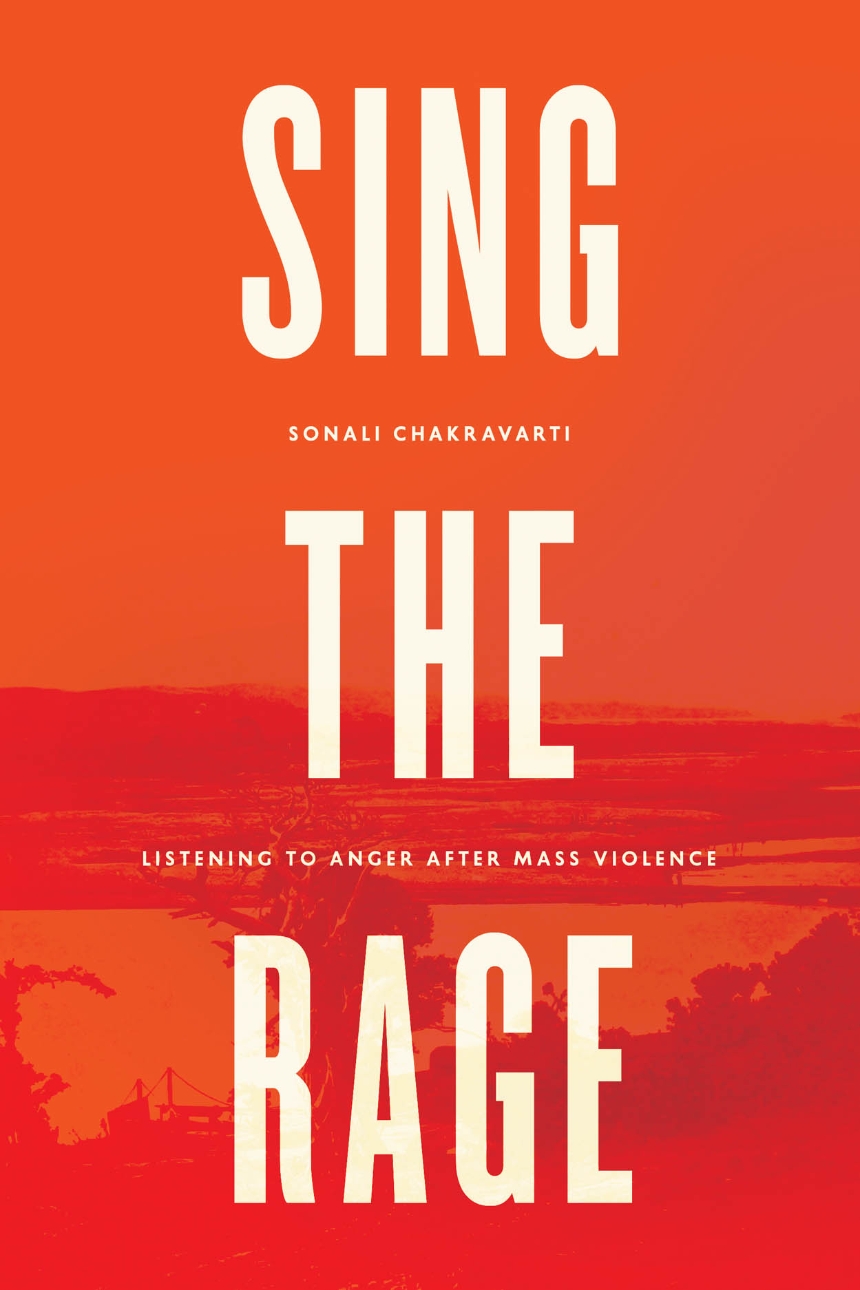Sing the Rage
Listening to Anger after Mass Violence
What is the relationship between anger and justice, especially when so much of our moral education has taught us to value the impartial spectator, the cold distance of reason? In Sing the Rage, Sonali Chakravarti wrestles with this question through a careful look at the emotionally charged South African Truth and Reconciliation Commission, which from 1996 to 1998 saw, day after day, individuals taking the stand to speak—to cry, scream, and wail—about the atrocities of apartheid. Uncomfortable and surprising, these public emotional displays, she argues, proved to be of immense value, vital to the success of transitional justice and future political possibilities.
Chakravarti takes up the issue from Adam Smith and Hannah Arendt, who famously understood both the dangers of anger in politics and the costs of its exclusion. Building on their perspectives, she argues that the expression and reception of anger reveal truths otherwise unavailable to us about the emerging political order, the obstacles to full civic participation, and indeed the limits—the frontiers—of political life altogether. Most important, anger and the development of skills needed to truly listen to it foster trust among citizens and recognition of shared dignity and worth. An urgent work of political philosophy in an era of continued revolution, Sing the Rage offers a clear understanding of one of our most volatile—and important—political responses.
Chakravarti takes up the issue from Adam Smith and Hannah Arendt, who famously understood both the dangers of anger in politics and the costs of its exclusion. Building on their perspectives, she argues that the expression and reception of anger reveal truths otherwise unavailable to us about the emerging political order, the obstacles to full civic participation, and indeed the limits—the frontiers—of political life altogether. Most important, anger and the development of skills needed to truly listen to it foster trust among citizens and recognition of shared dignity and worth. An urgent work of political philosophy in an era of continued revolution, Sing the Rage offers a clear understanding of one of our most volatile—and important—political responses.
232 pages | 6 x 9 | © 2014
Philosophy: Ethics, Philosophy of Society
Political Science: Comparative Politics, Political and Social Theory
Reviews
Table of Contents
Acknowledgments
Introduction
Chapter 1. More Than Cheap Sentimentality: Victim Testimony at the Nuremberg Trials, the Eichmann Trial, and the South African Truth and Reconciliation Commission
Chapter 2. Confronting Anger: Where the South African TRC Fell Short
Chapter 3. The First Skeptic: Hannah Arendt and the Danger of Victim Testimony
Chapter 4. The Second Skeptic: Adam Smith and the Visualization of Sympathy
Chapter 5. Three Values of Anger
Chapter 6. Trust Enough to Tarry
Epilogue
Notes
Bibliography
Index
Introduction
Chapter 1. More Than Cheap Sentimentality: Victim Testimony at the Nuremberg Trials, the Eichmann Trial, and the South African Truth and Reconciliation Commission
Chapter 2. Confronting Anger: Where the South African TRC Fell Short
Chapter 3. The First Skeptic: Hannah Arendt and the Danger of Victim Testimony
Chapter 4. The Second Skeptic: Adam Smith and the Visualization of Sympathy
Chapter 5. Three Values of Anger
Chapter 6. Trust Enough to Tarry
Epilogue
Notes
Bibliography
Index
